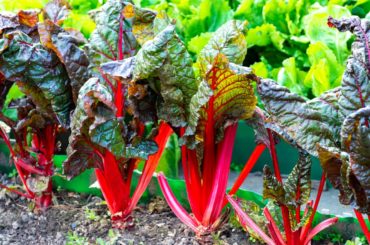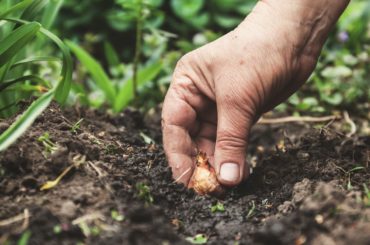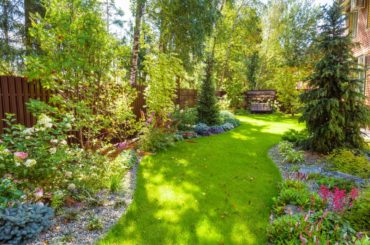When to sow poppies?
The poppy does not support transplanting : so we sow it exclusively in place (in other words: directly in the garden). It is traditionally sown March Aprilwhen the earth begins to warm up. However, it is possible to proceed to second sowing in July / August.
Which varieties to choose?
The poppy belongs to the large family of poppies. The best known is undoubtedly the wild poppy, with red flowers. You will find varieties with white flowers, pink or drawing on the mallow, with single or double flowers.
The most common alternative is probably the California poppy (Eschscholzia californica), which is distinguished from wild poppy with its flamboyant orange color. Another variety particularly appreciated in the garden: the mother of pearl, with white or blue-lilac heart, haloed with pink, red or mauve.
The choice will depend mainly on your desires. It is also possible to mix the varieties.
What to do before sowing poppies (preparation etc)?
The poppy likes soft, light and well-drained soils. For successful seeding, it is recommended to work the soil at the fork. On heavy ground, sand will be added to facilitate drainage. It should be noted that the poppy does not like acid soil so it may be necessary to lime the plot before sowing.
The poppy does not like competition. For successful seeding, it is therefore essential to weed the plot with the utmost care.
How to sow them?
The poppy sows most often on the fly, which offers a more natural result. It should be noted however that it will be cultivated just as well online, if you want a more structured effect. In this case, the rows should be spaced 5 to 15 cm apart.
Whichever option you choose, the technique is the same:
- Raise the ground to level it properly;
- Sowing on the fly or online
- Tamp the seeds using a grass roller or, failing this, using the back of the rake;
- Finish by watering in fine rain, not to move the seeds.
Poppy seeds have the distinction of being light and very dark: they are poorly distinguished on the ground. It is therefore possible to discover sparse areas during the survey. To avoid unpleasant surprises, you can use a simple trick: mix the seeds with a clear sand. This will allow you to benefit from better visibility during sowing.
The emergence is done in 10 to 15 days. It is then wise to thin, so that the flowers grow better.
Where to plant poppies?
The poppy likes in the very sunny areas. We will sow it willingly in a space or embankment to dress quickly. He will be equally at ease in a gardener.
If the poppy is self-sufficient, you can compose a mix of country flowers, mixing varieties and colors.
The poppy will also find its place in the garden, especially mixed with radish. Not only will it bring a nice touch of color, but it will also attract pollinating insects.
How to maintain them?
The poppy does not require any special care. Just be sure to keep weeds at bay for a few weeks after sowing.
How to water the poppies?
Poppies do not require watering unless they are facing a prolonged drought.
Harvest poppies: when and how?
Poppies are not mere ornamental flowers: they are consumed! In particular, the petals in herbal tea are used to treat sleep disorders since they contain alkaloids. We will take care to select the largest and most colorful petals. Ideally, they should be placed on a fence in a dry, well-ventilated area so that they dry in optimal conditions.
The poppy makes it possible to prepare a delicious syrup. As decorative in the plate as in the garden, it will give color to a salad. It is then picked to cook or consume in stride.
After flowering, the poppy reveals the capsule, which contains seeds. It is said that this particularity has inspired the concept of the table salt shaker. You can harvest the capsules and let them dry to get the seeds for a next sowing, or let nature work for you.
Poppy diseases and what to do?
Robust, the poppy does not fear much! Aphids are his main enemies. It is possible to overcome it by introducing a natural predator in the garden: the ladybug. Otherwise, treatment with black soap will overcome. The poppy is vulnerable to powdery mildew, which needs heat and moisture to grow. We will act as a preventive measure, by simply avoiding untimely watering.









